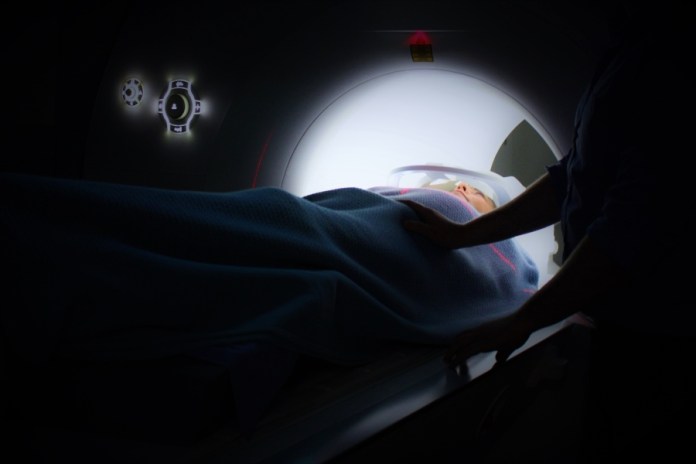According to Japanese researchers, this new artificial intelligence (AI) can detect bowel cancer in patients in less than the time it takes you to blink. In trials carried out using the new system, it analyzed magnified endoscopic images in order to spot colorectal adenomas.
Colorectal adenomas are benign tumors that can develop into cancer. Machine learning was then used to determine if any of the 300 colorectal adenomas were in fact cancerous. It took less than one second for the AI to do this and it did so with an accuracy of 94 percent.
“The most remarkable breakthrough with this system is that AI enables real-time optical biopsy of colorectal polyps during colonoscopy, regardless of the endoscopists’ skill,” said Dr. Yuichi Mori of Showa University, leader of the study. “This allows for the complete resection of adenomatous (cancerous) polyps and prevents unnecessary polypectomy (removal) of non-neoplastic polyps.”
Worldwide, scientists and researchers are using AI to develop early detection systems for cancer. Even the UK’s National Health Service (NHS) and Intel are teaming up to make cancer detection easier and more efficient through the use of AI. The basis of the system will be designed by TensorFlow while being powered by Intel Xeon processors.
MORE – Top 10 Ways Artificial Intelligence is Impacting Healthcare
In May this year, it was announced by the Commonwealth Scientific and Industrial Research Organisation (CSIRO) in Australia that its Data61 division is in the process of developing software that could detect the development of new blood vessels that precedes cancer growth.
Researchers have already taken high-resolution 3D micro-CT images of 26 mice brains and livers as part of the study. These mice were at various stages of cancer development. Loaded with this data, they developed an algorithm that generated an accurate representation of blood vessels.
Any changes in the blood vessels over time will be detected by Data61’s software. This will give the researchers a better understanding as to how patients respond to anti-angiogenesis treatment. “The accurate quantification of vasculature changes, particularly the number of terminal vessel branches, can play a critical role in accurate assessment and treatment,” said CSIRO.
Guardant-Health is another company looking to develop techniques for the early detection of cancer. Just this year it’s raised $360 million in which to sequence the tumor DNA of more than one million cancer patients. This will take place over five years and researchers will use this information to develop new, early cancer detection blood tests.
Source Zdnet




















